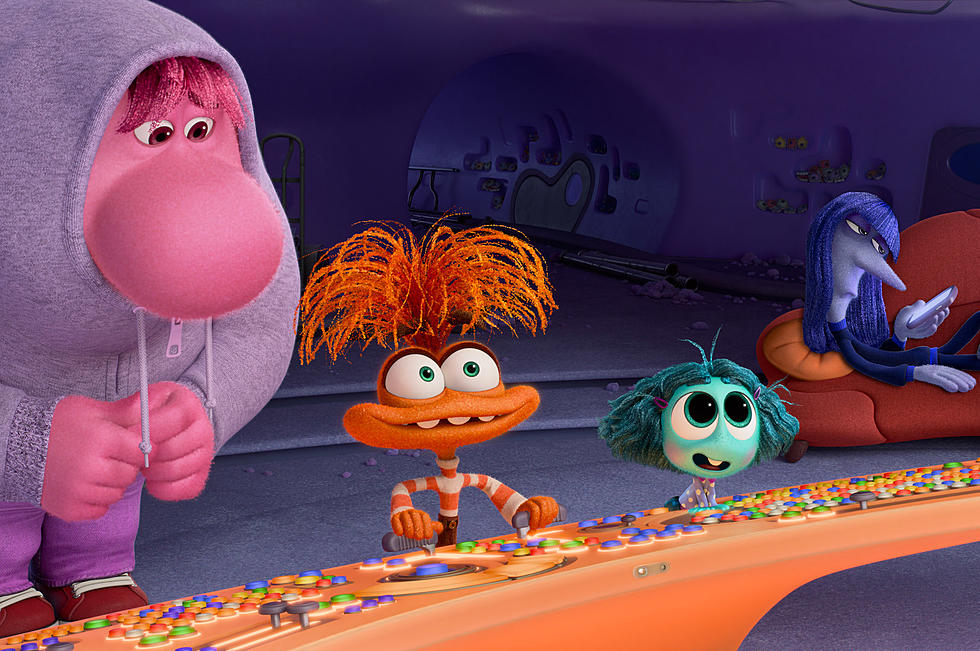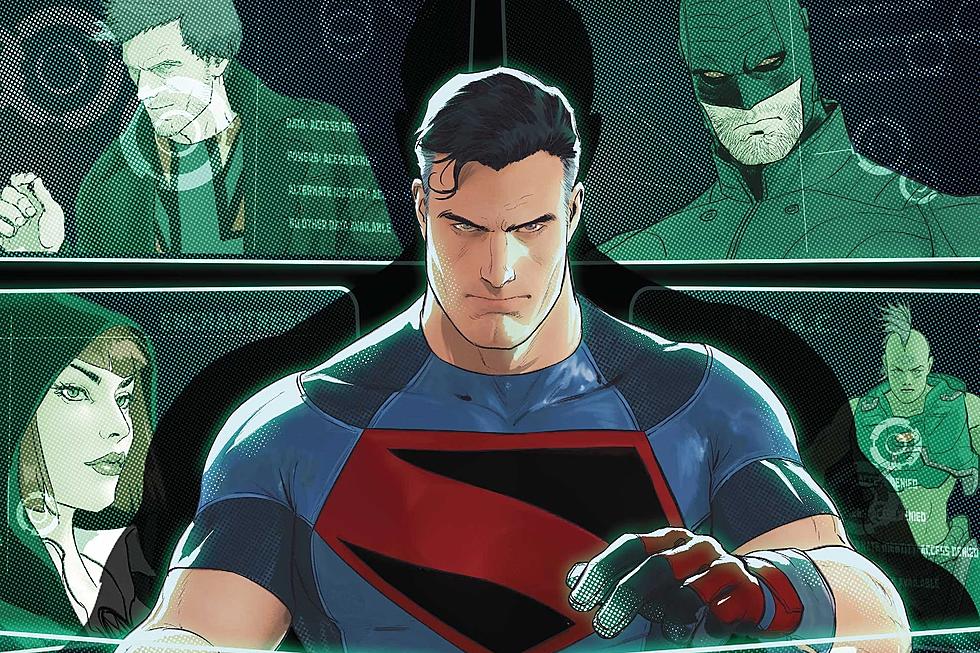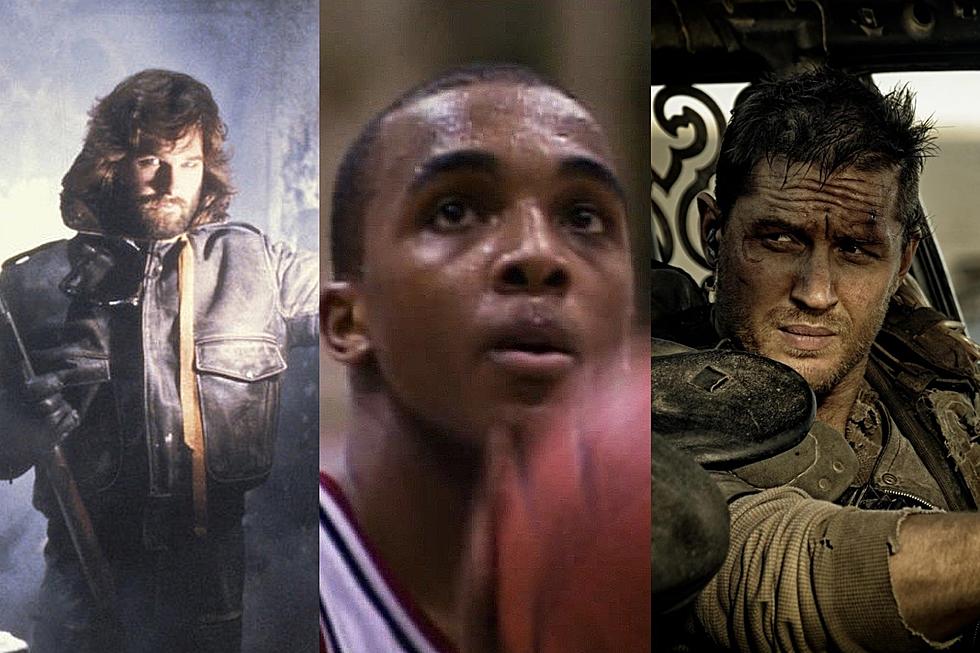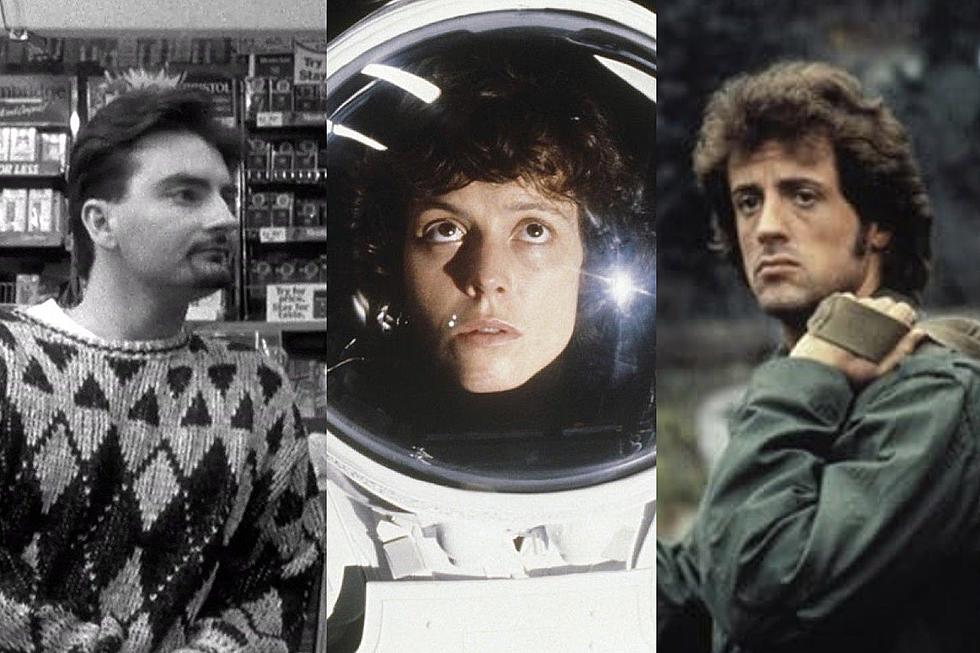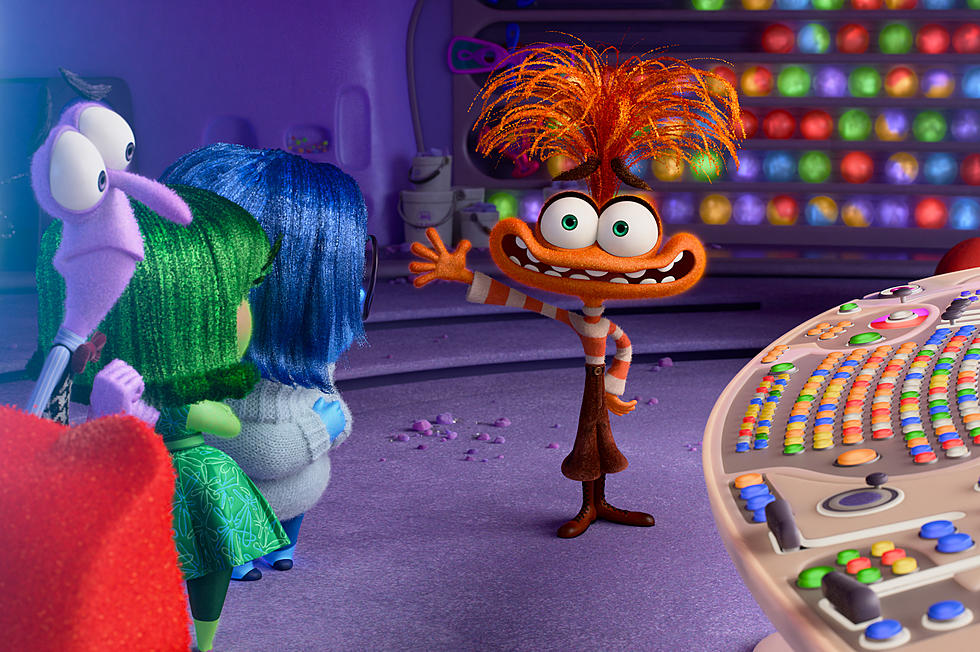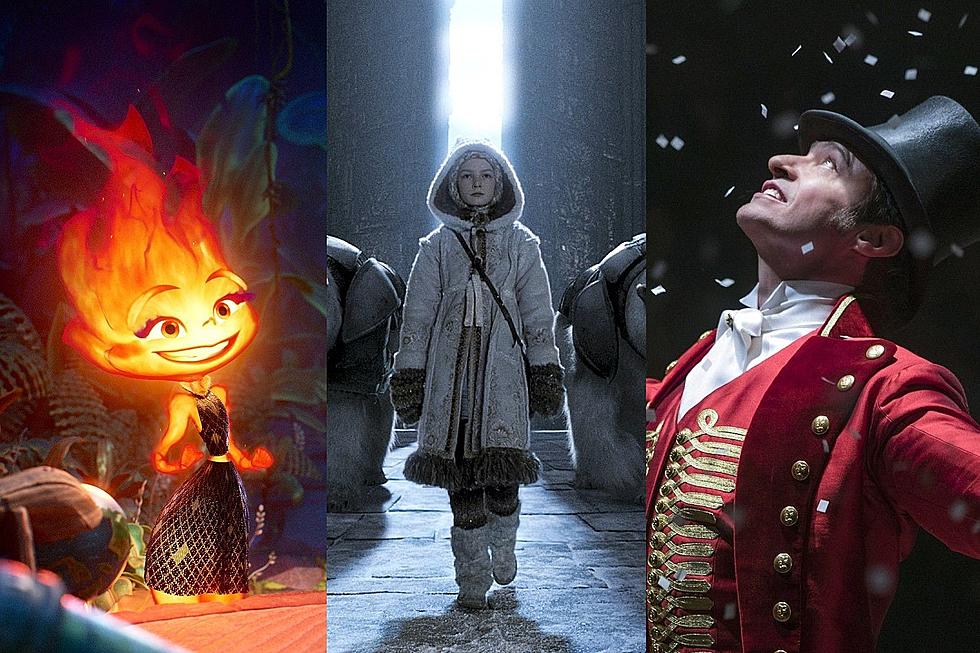
‘Cars 3’ Review: Lightning McQueen’s Third Lap Is His Strongest Yet
For some Pixar fans, the Cars series represents a fork in the road; the moment when Pixar ended its “run of greatness” and “lost its way” after a decade-long string of critical and commercial hits. Writers hold up this franchise as evidence of a corruption in the beloved animation studio’s “soul”; many believe it’s responsible for Pixar’s “first bad movie.”
One gets the sense, reading pieces like the ones above, that a segment of viewers consider Pixar a little washed up, at least creatively. How appropriate, then, that Cars 3 is about exactly that: How someone responds when they’re considered over the hill. And while this movie may not reach the heights of Pixar’s finest achievements, it certainly stands as not only the best Cars, but the most mature one as well. That’s not a typo; this movie about sentient cars that sometimes use the toilet is surprisingly moving. Go figure.
Growing up and getting older is the central theme of the movie, which opens with racing champ Lightning McQueen (Owen Wilson) still dominating the standings of the Piston Cup. But not long after the film begins with a feel-good montage, McQueen’s reign is challenged by a new high-tech car named Jackson Storm (Armie Hammer), who becomes a rookie sensation in much the same way McQueen did in the first Cars. Now McQueen’s the grizzled veteran trying to keep pace with the younger, faster competition. (Feel free to insert your own metaphor for Pixar fending off increasingly skillful competitors like Blue Sky and Laika here.)
On the last race of the year, McQueen gets into a devastating crash. When the next season begins, our uncertain hero gets a new sponsor (a money-minded mud flap salesman voiced by Nathan Fillion) and an ultimatum: Win the year’s first race or retire and become a pitchman for auto products. This scene, in a room surrounded by merchandise emblazoned with Lightning McQueen’s face, take pointed aim at Cars’ reputation as a creatively bankrupt excuse for Pixar and Disney to sell toys and other merchandise. There’s no disputing the billions of dollars these movies’ licensed products have generated for their corporate owners, but it’s worth remembering the Cars were designed as a deeply personal (if deeply weird) statement from Pixar chief creative officer John Lasseter about car culture and the old life on Route 66.
Cars 2 broadened the franchise’s scope to indulge in a globe-trotting spy fantasy, and the results were incredibly weird, logically inconsistent, and cartoonishly broad. Lasseter’s replacement, Brian Fee, brings things back down to earth, telling a much simpler and more relatable story that draws clear inspiration from underdog sports movies like Rocky III. (Cars 3’s credited writers include Mike Rich, whose previous works include The Rookie and Secretariat.) The middle section sags, as McQueen preps for a comeback with the help of a naive young trainer named Cruz Ramirez (Cristela Alonzo), but it finds its emotional footing in its third act, when all the themes and characters come together in a climax that conjures Pixar’s trademark combination of wistful melancholy and exuberant optimism.
Viewers who did enjoy Cars and Cars 2’s goofier elements might not care for this film’s direction; McQueen’s bumbling sidekick Mater (Larry the Cable Guy) is mostly relegated to the background, and gone entirely for long stretches. While Cars 2 seemed overly concerned with exploring its surreal world, inviting all kinds of questions about how the Cars universe worked, Cars 3 focuses instead on the characters and their emotional journeys. Wilson is enormously likable as the frustrated McQueen, and Alonzo’s excitable energy plays nicely off his laconic vibe. She also nails her big monologue, where Cruz reveals that she took her job as a trainer at the expense of her desire to become a racer like McQueen. As a kid, she was convinced to “dream small or not at all” by her family and by racers who told her she didn’t belong on the track because she was different from everyone else.
Slowly, McQueen’s quest for redemption gives way to Cruz’s quest for respect and self-fulfillment, and it becomes clear that Cars 3 is, like so many Pixar movies, about the magic that happens when people from different backgrounds learn to work together. (By sheer coincidence, you could describe Pixar’s collaborative filmmaking process the exact same way.) It also features a lovely sub-thread about teachers, like McQueen’s old mentor Doc Hudson (the late Paul Newman, who reappears thanks to unused voice recordings from the first Cars), and Doc’s mentor Smokey (Chris Cooper), who helps the red racecar get his mojo back. Without ever being heavy-handed about it, it’s also full of important messages for kids about fairness, equality, and empathy. It is, in other words, a very traditional and effective Pixar tale.
McQueen goes through all kinds of “costume changes” in Cars 3; in one scene he’s just coated in primer, in the next he’s got a shiny “suit” that can track his movements. Naturally all of these different versions represent new toys that can be sold to the series’ young fanbase. But the multiple McQueens are also another convenient metaphor for what Pixar’s doing with Cars 3, which reinvents a franchise that many critics argued should be left for dead. In Fee’s view no one and nothing is too old to be redeemed — or to pass on what they’ve learned to the next generation. It’s amazing what a fresh coat of paint and a change of perspective can do.
More From ScreenCrush
